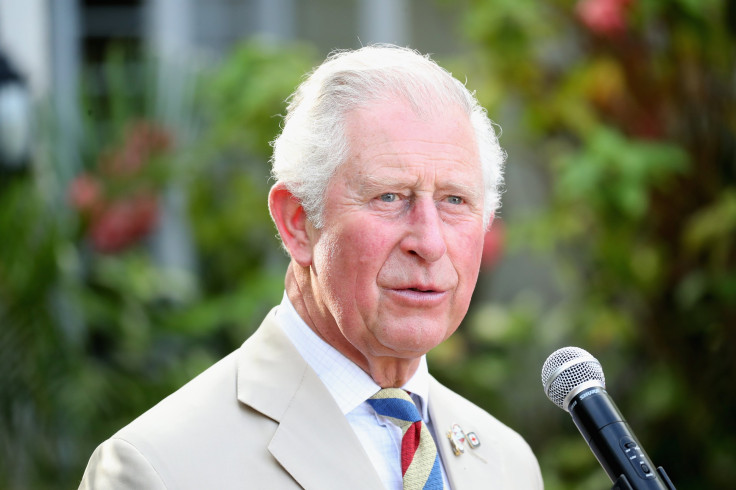Queen Elizabeth and Prince Charles each wrote a heartfelt letter to French President Emmanuel Macron in light of the recent massive fire that ravaged France’s famous landmark, Notre Dame. Unfortunately, Prince Charles’ letter was met with criticisms for his use of American spellings.
In his emotional letter, Prince Charles referenced the fire that took place at the Windsor Castle some 27 years ago and used a language that people do not usually associate with a release from his office.
“My wife and I were utterly heartbroken to learn of the terrible fire at Notre-Dame Cathedral this evening and wanted to let you know immediately how much we are thinking of yourself and the French people at the most agonizing of times, and of the emergency services who are so bravely tackling the blaze,” he wrote. “I realize only too well what a truly special significance the Cathedral holds at the heart of your nation, but also for us all outside France it represents one of the greatest architectural achievements of Western Civilization,” he added.
Despite the sincerity of his words, some people slammed the Prince of Wales for choosing to spell his words the American way and not the British way. Throughout the typed note from Clarence House, Prince Charles used “-ize” instead of “-ise,” something his critics perceived as very American. For some, especially the Brits, Prince Charles’ choice of spelling was a big deal because he is the future king of England and is therefore expected to represent the British culture.
When the letter went public, people started to share the note and criticize it on social media, pointing a finger at the prince for not using his own language in crafting the letter. “Wait, what? A British uses ‘realize’ not ‘realise?’ Are you an American or the future King?” one Twitter user wrote.
While some smelled blunder in Prince Charles’ “American” spellings, his choice of spelling is actually not new. In fact, the heir to the throne regularly uses these terms when crafting his official letters and statements. Also, the use of “z” instead of “s” actually originates from England, not America. The British public used such spellings during the 15th century — way before the Americans adopted them in their language.

© 2025 Latin Times. All rights reserved. Do not reproduce without permission.



